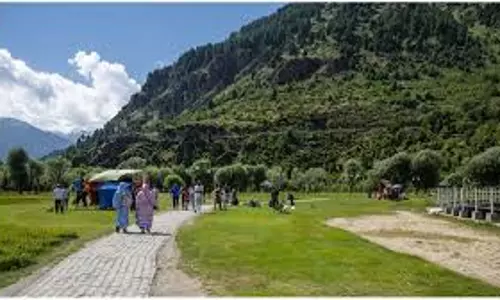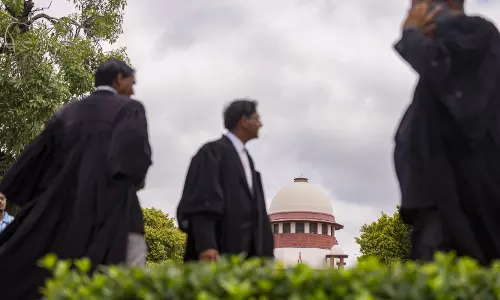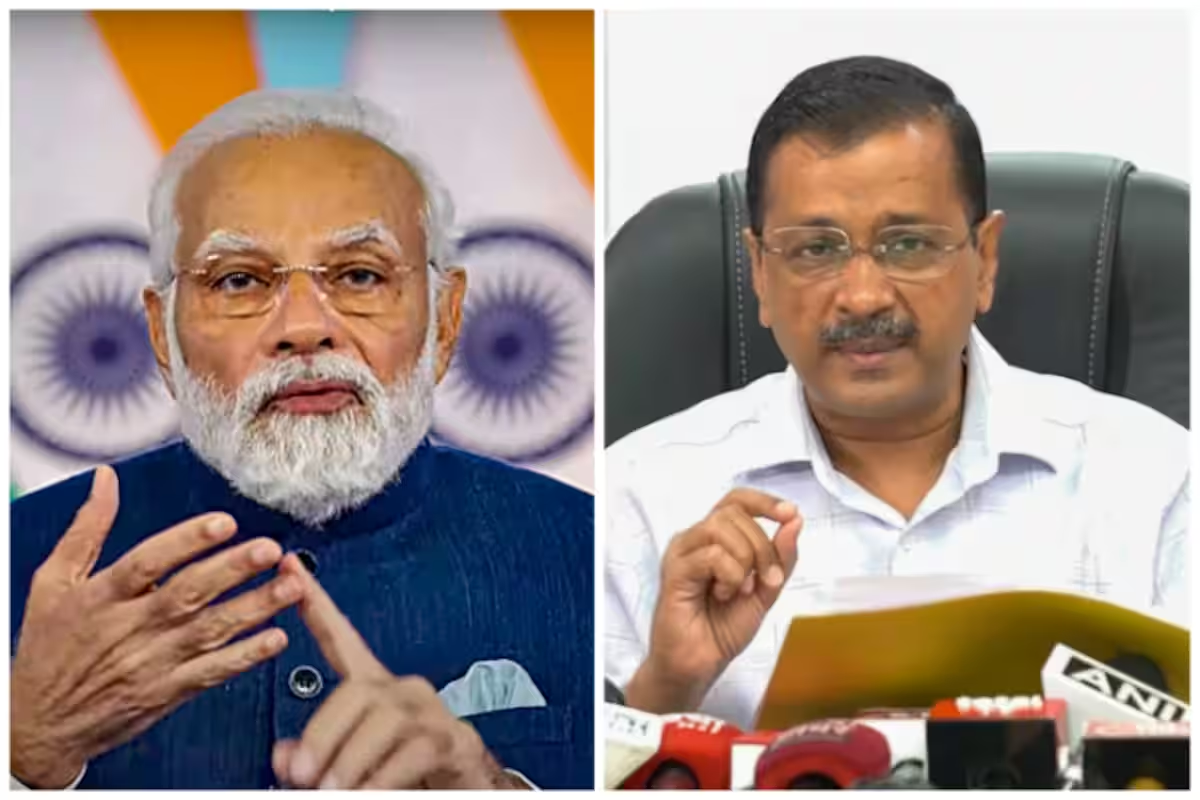
A blow to Right to Information Act
text_fieldsThe Gujarat High Court quashed a 2016 order passed by the Central Information Commission (CIC) directing Gujarat University to furnish the details of Prime Minister Narendra Modi’s B.A and M.A degrees to Delhi Chief Minister Arvind Kejriwal. The court also imposed a fine of Rs 25, 000 on Kejriwal for filing an application under the Right To Information (RTI) Act seeking information on the same. The ruling is significant as it touches upon various aspects. In 2016, the then CIC Sridhar Acharyulu, directed the Delhi and Gujarat Universities to release details of Modi's post-graduate qualifications. The Delhi High Court in 2017, stayed the CIC order on a plea by Delhi University. And the Gujarat High Court has now dismissed the CIC order on a petition filed by the Gujarat University. The court imposed a fine on Kejriwal for unnecessarily invoking the Right to Information (RTI) in a matter which does not involve any public interest and also slammed the CIC for ‘transgressing its jurisdiction’. The court observed that the CIC order was passed on Kejriwal's request which came out of his curiosity. Justice Biren Vaishnav observed that since the details of the Prime Minister's degree were already made available on the website of Gujarat University, there was doubt regarding the intent of Kejriwal’s plea under the RTI application.
While there may be substance in the court's remarks about the technical incompatability in the proceedings of the matter, the view that the people need not be informed about the prime minister's educational qualifications is illogical. It is true that the law does not require a person to have any educational qualification to contest an election. However, according to law, the affidavit to be submitted by the candidate should be authentic. Prime minister's B.A (1976, University of Delhi) and M.A (1978, Gujarat University) certificates that have been made available in public, have raised scepticism among the people. Questions have been raised regarding matters from the course subject of ‘Entire Political Science’ in which Modi has claimed to have done his Masters, to his classmates and his date of birth. Even though an illiterate can become the Prime Minister, making a false claim in the affidavit is a serious matter. This is where public interest comes in. It is also where Justice Vaishnav’s observation becomes relevant that it is not the educational qualifications that are important but the integrity of a person’s character. There have been instances in various countries where leaders who contested and won on false claims were forced to resign when the facts came to light. In Pakistan, legal action was initiated against 54 MPs in 2010 for faking their educational qualifications. In Kenya, those who contested the election on false grounds had to withdraw from the race due to the stringency of the Election Commission. Hungary's President Pal Schmitt had to step down from his post in 2013 after being stripped of his doctorate over plagiarism. The university cancelled his doctoral thesis after finding that it was plagiarised. In India, there is no requirement to have an educational qualification to become either a Prime Minister or a people's representatives; but credibility is essential. It should be said that the judgment of the Gujarat High Court has not done justice to Modi either by reinforcing the doubts.
The court ruling also undermines two other areas. One of them is the Right to Information Act. When information is sought to dispel doubts regarding those in high echelons in a matter that one is absolutely sure to be of public interest, the fear that the courts may find vested interests behind their intentions and may impose penalty is likely to deter public activists. While applying the law that irks the state, the citizens expect the support of the judiciary and not obstacles. Another area that the current verdict undermines is the credibility of our universities which will remain tarnished until doubts raised in the public domain about the educational qualifications of the higher officials are cleared. This, on the other hand, will affect the quality of our education and its global acceptance. Universities must restore trust by dispelling the scepticisms. Institutions and systems are certainly above individual interests. The impact of the Gujarat High Court verdict on different quarters is by no means small.
 Also Read:AAP stirs ‘illiterate’ PM Modi jibe, Cong flags limited transparency in ‘New India’
Also Read:AAP stirs ‘illiterate’ PM Modi jibe, Cong flags limited transparency in ‘New India’
























